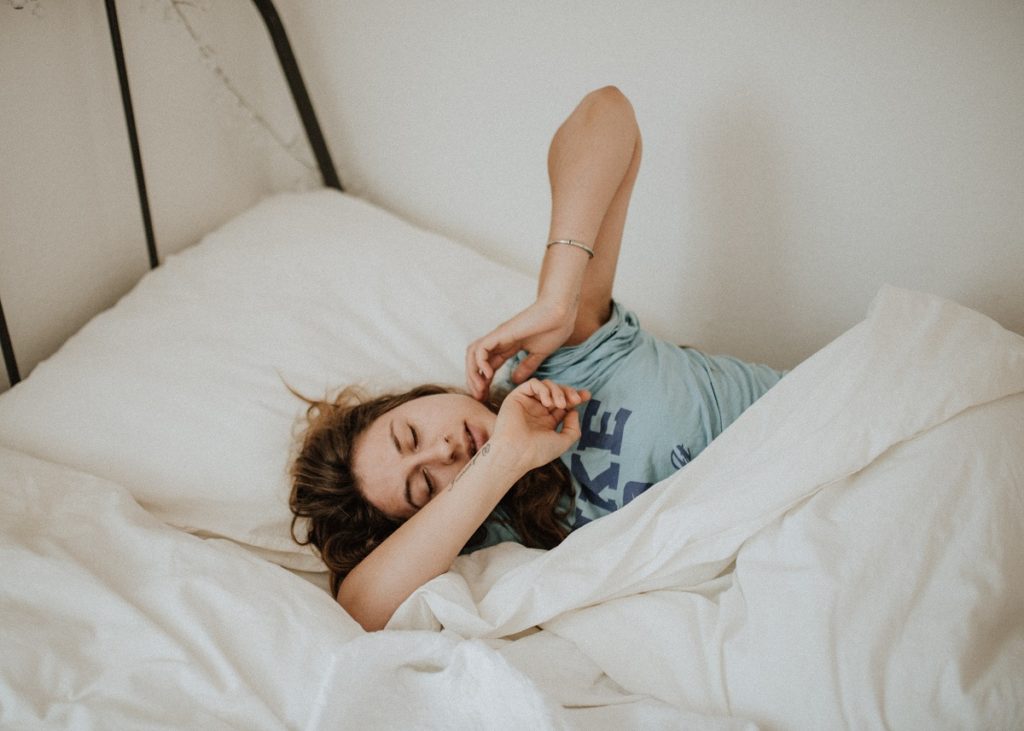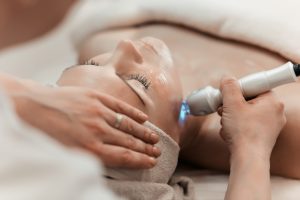If you wake up every morning with sensitive teeth or tight jaw muscles, it could be a sign that you clench or grind your teeth every night. This condition is known as bruxism.
Sleep bruxism is a common condition among people of various ages. According to the Journal of Oral and Facial Pain and Headache, 8% to 31% of the general population grind their teeth while asleep. When left unattended, bruxism causes several conditions that affect your dental health. Grinding your teeth could lead to headaches, toothaches, and difficulty in sleeping.
Signs and Symptoms
The most common sign that you have bruxism is waking up with sensitive gums, jaw, and teeth. The person you share a room with might complain that you make grinding noises while you’re asleep.
Signs of bruxism include:
- Burning sensation on the tongue
- Excessive tooth wear
- Headaches
- Inflamed periodontal ligament of teeth
- Tooth fractures
- Trismus, or restricted mouth opening
- The clicking of the joints connecting the jawbone
Several people have bruxism without knowing it. The condition will be diagnosed only with a check-up with the dentist.
What Causes Sleep Bruxism?
The exact causes of sleep bruxism are unknown, although doctors associate this condition to these causes:
Sleep Disorders
Grinding your teeth while asleep is a sign that you have another sleep disorder, like snoring and sleep talking. A common sleep disorder linked with bruxism is sleep apnea, which is the repeated pause of breathing during sleep.
Psychological Causes
Bruxism can be a cause of anxiety, stress, and other intense emotions. According to The Bruxism Association, almost 70% of sleep bruxism cases result from anxiety and stress. Several people unknowingly grind their teeth as a coping mechanism, like biting their lip or a foreign object.
Other Causes
You might also grind your teeth as a side effect of medication related to anxiety and depression. Sleep bruxism may also be a side effect of taking psychoactive substances like alcohol, caffeine, and tobacco.
How Do You Manage Bruxism?
Mild cases of teeth grinding usually don’t require treatments. However, experiencing moderate to severe symptoms can cause severe problems for your jaw and teeth. You need to contact your dentist or a sleep specialist to help you.
Depending on the cause of bruxism, the medical professional may recommend one or several of these treatments:
Dental Treatments

The dentist may recommend wearing a mouth guard, occlusal splint, or bite plate at bedtime. These appliances protect your teeth from wear and reduce jaw muscle pain.
If a sleep disorder is the cause of bruxism, the dentist may recommend wearing a mandibular advancement device (MAD). Like a mouth guard, a MAD brings your bottom jaw forward, expanding the airway and reducing breathing pauses during sleep.
Behavioral Management
If bruxism is caused by anxiety or stress, a therapist or counselor will help you address the problem. They may recommend strategies like meditation and breathing exercises.
The therapist may also ask you to reduce caffeine, alcohol, and tobacco in the evening.
Medication
The doctor may change your medication or prescribe a different one if your bruxism is a side effect of a drug. You may also be prescribed muscle relaxants or medication for your anxiety or stress. However, these may complement your current treatment plan because they’re not effective as a stand-alone remedy.
Bruxism is a common sleep condition affects not only your teeth and jaws but also your overall health. Even if you’re experiencing mild symptoms, seek help right away. It could mean the difference between minor and severe effects.






